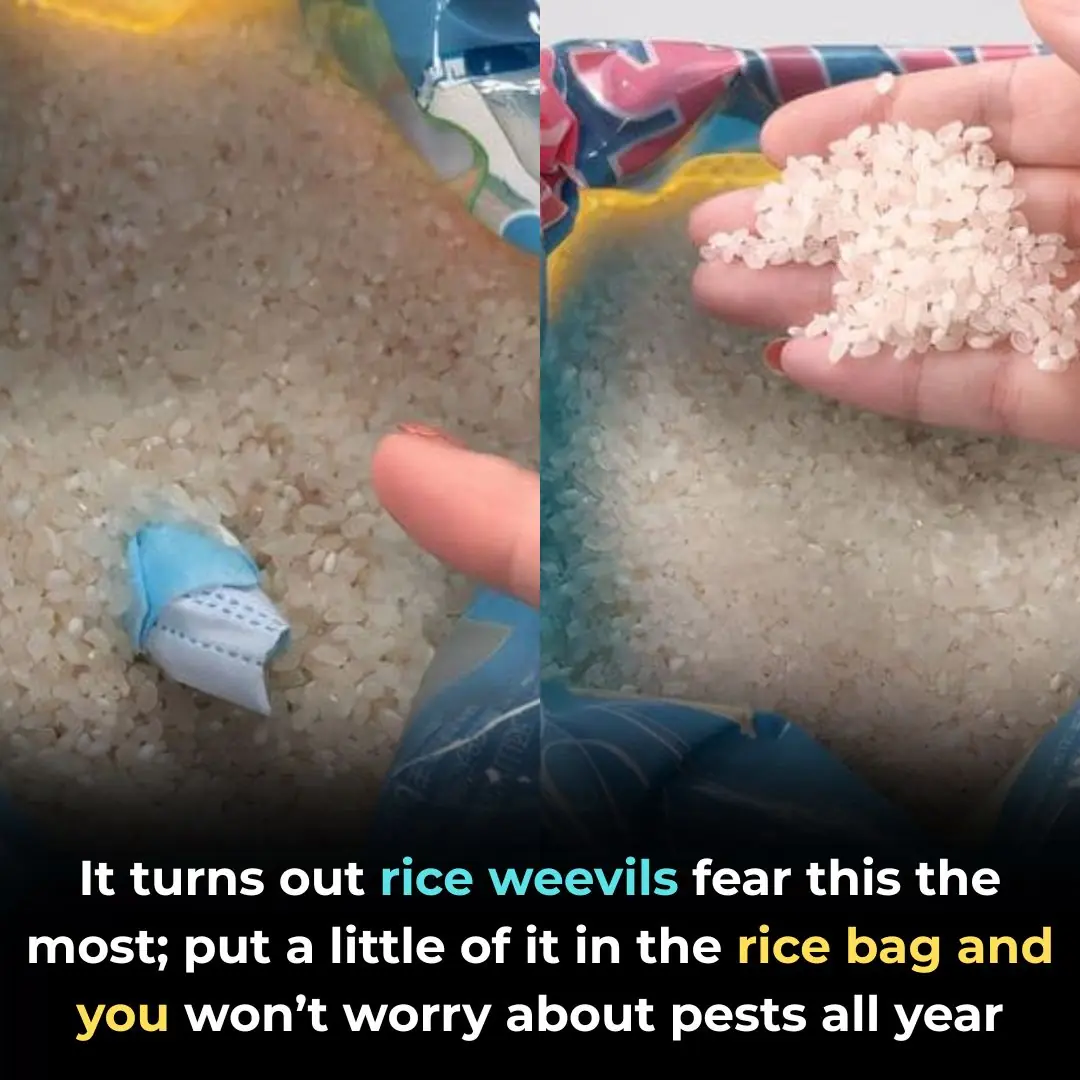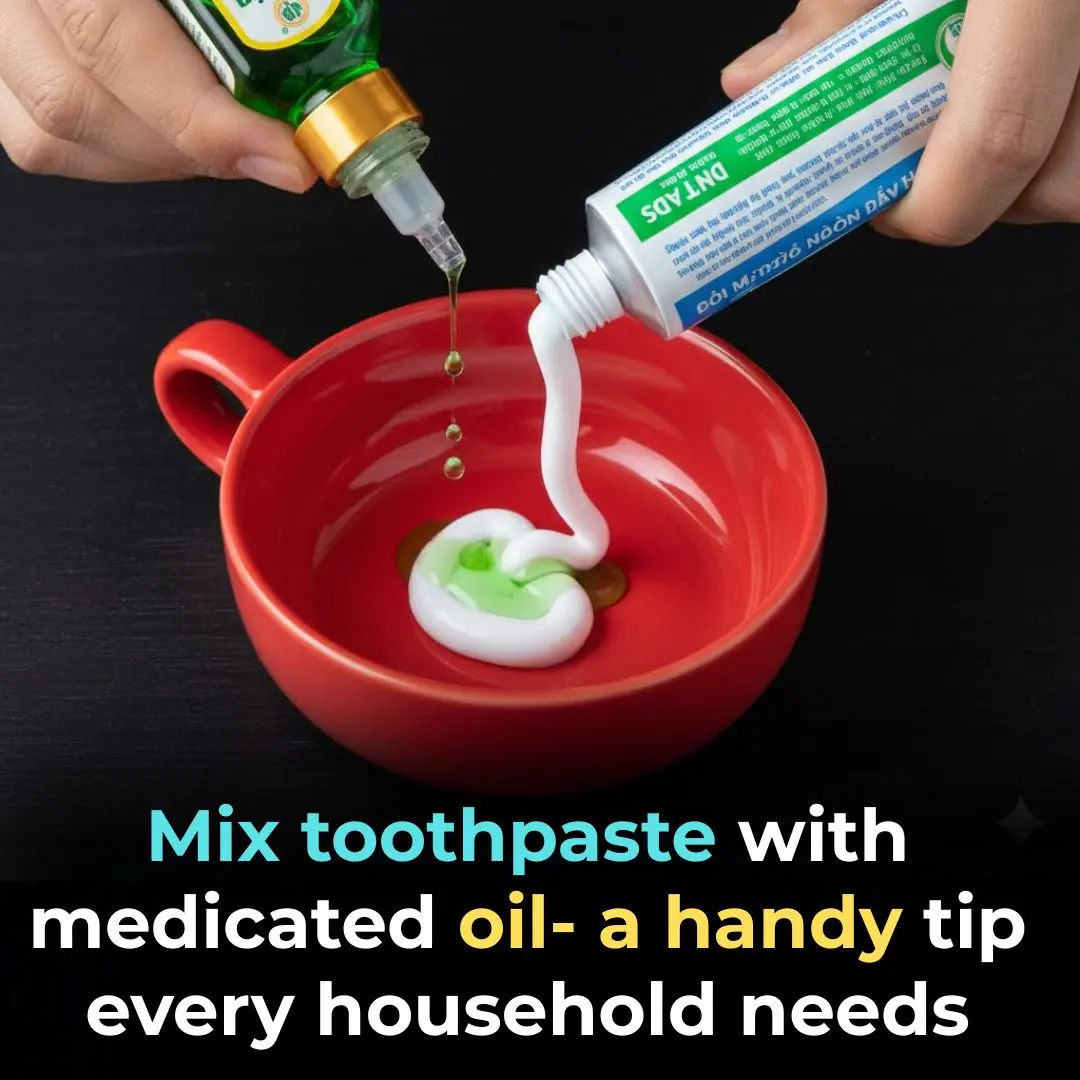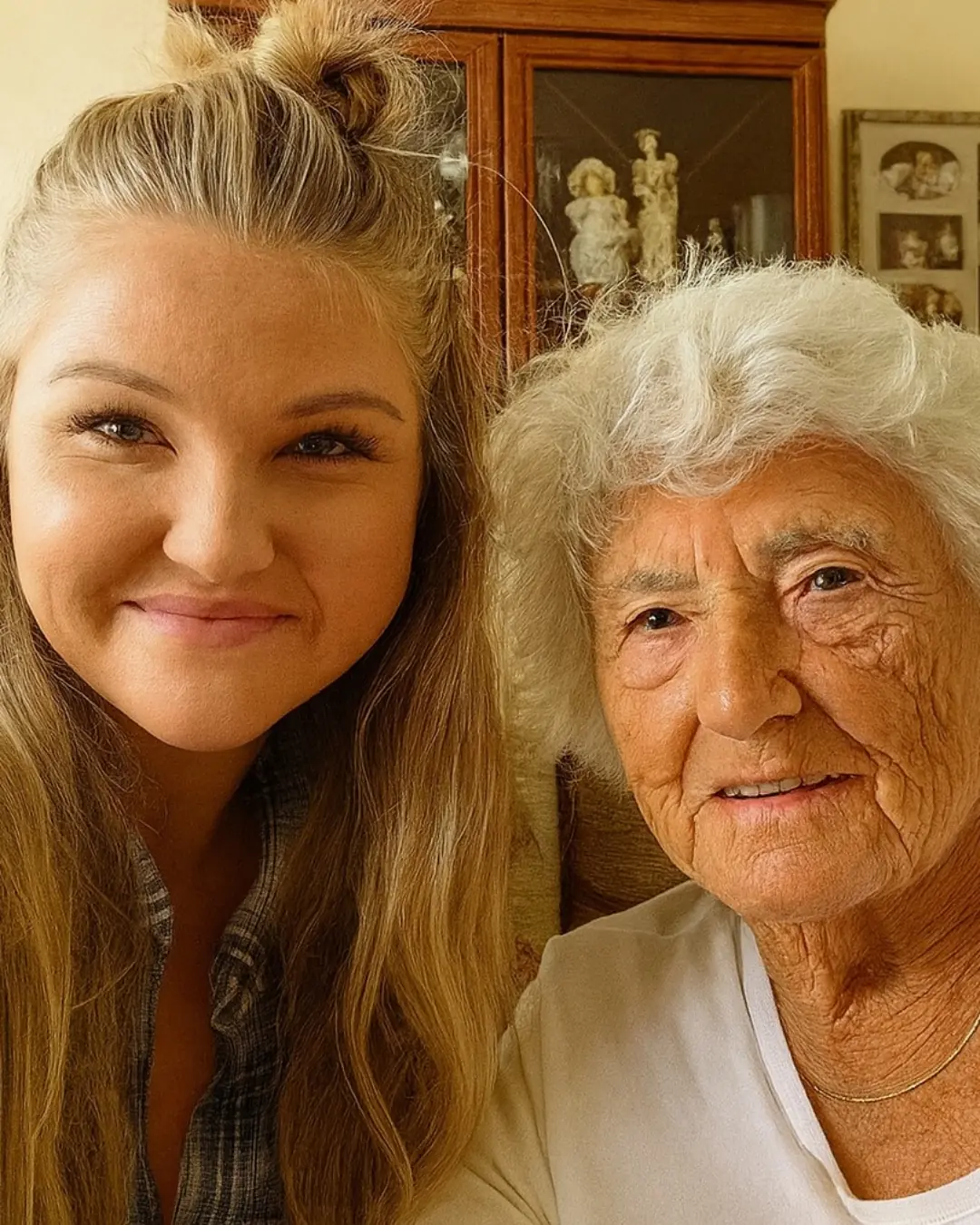
10 Foods That Help Reverse Fatty Liver Disease — Dietitians Recommend Adding Them to Your Daily Menu
According to nutrition experts, fatty liver disease doesn’t simply come from eating too much fat. It’s deeply connected to an unbalanced diet, chronic stress, lack of sleep, and a sedentary lifestyle — all of which increase oxidative stress in the body and impair liver metabolism.
The good news? Fatty liver is highly reversible in its early stages through dietary and lifestyle changes. Alongside regular exercise and maintaining a healthy weight, eating the right foods can significantly reduce liver fat and inflammation.
Here are 10 expert-recommended foods proven by research to support liver detoxification, enhance fat metabolism, and protect liver cells from damage.
☕ 1. Coffee – A Surprising Liver Protector
Studies have shown that regular coffee drinkers have lower levels of liver enzymes, which indicate less liver inflammation and damage. Coffee’s rich antioxidants — caffeine, polyphenols, and chlorogenic acid — help protect liver cells from oxidative stress and reduce fat accumulation.
According to the journal Hepatology (2021), drinking 2–3 cups of coffee per day may lower the risk of nonalcoholic fatty liver disease (NAFLD) by up to 40%.
How to use: Limit intake to no more than 300–400mg of caffeine per day (about two large cups of Americano). Avoid adding sugar or creamers.
🥬 2. Leafy Greens – The Body’s Natural Fat Regulators
Spinach, kale, broccoli, and cabbage are packed with fiber, chlorophyll, and antioxidants that help reduce fat buildup in the liver. Fiber slows glucose absorption, regulates cholesterol, and promotes a feeling of fullness — key factors in preventing fatty liver.
These vegetables also supply vitamins A, C, K, iron, and magnesium, all essential for detoxification and metabolic health.
Cooking tip: Steam or stir-fry lightly to preserve nutrients; avoid overcooking or boiling for long periods.
🫘 3. Legumes – Plant Protein That Protects the Liver
Beans and lentils (soybeans, chickpeas, black beans) are rich in resistant starch and plant compounds (phytochemicals) that improve insulin sensitivity, reduce blood lipids, and lower inflammation.
Replacing red meat with legumes helps reduce saturated fat intake, easing the liver’s workload.
A 2020 study in the Journal of Nutrition found that people who ate legumes 4 times per week had significantly lower liver fat levels compared to those who rarely consumed them.
Serving tip: ½ cup of cooked beans provides roughly the same protein as 30g of meat. Use in soups, salads, or as tofu and soy milk (choose unsweetened versions).
🐟 4. Fatty Fish – Omega-3s That Heal
Salmon, mackerel, sardines, and cod are loaded with omega-3 fatty acids, which reduce liver inflammation and lower triglyceride levels. These healthy fats also improve cholesterol balance by boosting HDL (“good”) cholesterol.
Note: Choose fish low in mercury (like cod, tilapia, or Pacific mackerel). Aim for two servings of fish per week.
According to the American Heart Association (2022), omega-3 fatty acids support liver function and may reduce hepatic fat by improving insulin sensitivity.
🌾 5. Oats – The Ideal Breakfast for Liver Health
Whole oats contain beta-glucan, a soluble fiber that reduces LDL cholesterol, improves gut health, and promotes fat metabolism. Regular consumption helps manage both blood sugar and weight — two key factors in fatty liver prevention.
How to eat: Use oats in porridge, overnight oats, or mix with rice for extra fiber. Combine with soy milk or fruit for a balanced breakfast.
🌰 6. Nuts – Tiny Powerhouses for Liver and Heart
Almonds, walnuts, and cashews are full of monounsaturated fats and vitamin E, which help reduce inflammation and oxidative stress in liver tissue.
Harvard Health Publishing (2023) notes that moderate nut consumption can lower markers of liver fat and improve cardiovascular health.
Portion: About 20g per day (a small handful). Snack after exercise or sprinkle over yogurt and salads.
🌿 7. Turmeric – The Anti-Inflammatory Hero
Turmeric’s active compound, curcumin, acts as a strong antioxidant and anti-inflammatory agent. It improves liver enzyme levels, enhances blood circulation, and protects against fibrosis.
A review in Frontiers in Pharmacology (2021) found that curcumin supplementation reduced liver enzyme levels (ALT, AST) in patients with fatty liver disease.
Usage: Add to curry, golden milk, or smoothies. Combine with black pepper for better absorption.
🫒 8. Olive Oil – The Smart Fat Choice
Unlike trans fats or processed oils, extra virgin olive oil contains polyphenols and oleic acid, which improve lipid metabolism and protect liver cells from fat accumulation.
Best use: Drizzle over salads, vegetables, or lightly sauté dishes. Avoid deep-frying to preserve nutrients.
Cleveland Clinic (2023) confirms that olive oil is one of the healthiest fats for people with metabolic and liver conditions.
🧄 9. Garlic – Detox and Immunity Booster
Garlic’s active compound allicin supports detoxification and reduces oxidative damage to the liver. It also helps lower blood lipids and supports immune function.
Tip: Crush or chop garlic and let it sit for 5–10 minutes before cooking to activate allicin. Avoid overcooking.
🍄 10. Black Fungus (Wood Ear Mushroom) – Cleanses and Balances
Black fungus is rich in fiber and polysaccharides that promote digestion, reduce cholesterol absorption, and support weight control. It acts like a natural “cleanser” for the intestines and blood vessels.
Creative use: Blend it with pineapple or apple for a refreshing liver-friendly juice, or add to soups and salads.
⚖️ Key Takeaways
-
Fatty liver can be reversed through diet and lifestyle.
-
Focus on anti-inflammatory, antioxidant-rich, high-fiber foods.
-
Limit added sugars, refined carbs, alcohol, and processed meats.
-
Pair diet with exercise, good sleep, and stress management for best results.
The World Health Organization (2023) reports that up to 70% of early-stage fatty liver cases can be improved naturally within 6 months through lifestyle and diet correction.
News in the same category


The Secret Trick Rice Weevils Fear Most — Add a Bit of “This” and Keep Your Rice Fresh All Year

Mix Toothpaste with Essential Balm Oil — The Viral Home Hack Everyone’s Talking About

Major airline cuts 800,000 seats as it scraps 24 flight routes

Top army general makes shocking admission about how he's using ChatGPT

Good News for Coffee Lovers: 6 Proven Benefits of Drinking Coffee in the Morning

Toilet Stained With Yellow Scale? No Heavy Scrubbing Needed — Try These Natural Tricks for a Sparkling, Fresh Bathroom

Electric Kettle Turning Yellow or Crusty Inside? Boil This — and It’ll Shine Like New Without Scrubbing

A Wild Vietnamese Fruit Sells for Nearly $120/kg in Japan — and It May Help Prevent Cancer

How to get into secretive dating app that Jennifer Lopez says she would never ever join

YouTuber undergoes intense 14 day journey to uncover secrets of most remote island in world

‘This Is Why They Mad’: Angel Reese’s Runway Debut Triggers Supporters to Clap Back After Trolls Claim Victoria’s Secret Has ‘Lowered Its Standards’

39 Year Old Dr. Jermaine Whirl Named President of Savannah State, Becoming Youngest HBCU President in History

A Dad Painted His Daughter as Mona Lisa and Her Reaction is Priceless

Former NASA Rocket Scientist Aisha Bowe to Make History as Crew Member on Blue Origin’s First All-Woman Spaceflight

21-Year-Old Yale Juniors Raise $3M in 14 Days for New AI-Powered Social Media App ‘Series’

11-year-old Philanthropist Gives Chicago Some California Love by Raising Over $60,000 for the Windy City’s Homeless

Megan Thee Stallion Brings Queen Latifah to Coachella for Shining Moment of Black Girl Magic

5 Essential Life-Saving Skills Every Child Should Learn Early
News Post

How to Perform First Aid for Stroke at Home — The Right Way to Save a Life

The Secret Trick Rice Weevils Fear Most — Add a Bit of “This” and Keep Your Rice Fresh All Year

Mix Toothpaste with Essential Balm Oil — The Viral Home Hack Everyone’s Talking About

Major airline cuts 800,000 seats as it scraps 24 flight routes

Top army general makes shocking admission about how he's using ChatGPT

Good News for Coffee Lovers: 6 Proven Benefits of Drinking Coffee in the Morning

Toilet Stained With Yellow Scale? No Heavy Scrubbing Needed — Try These Natural Tricks for a Sparkling, Fresh Bathroom

Electric Kettle Turning Yellow or Crusty Inside? Boil This — and It’ll Shine Like New Without Scrubbing

A Wild Vietnamese Fruit Sells for Nearly $120/kg in Japan — and It May Help Prevent Cancer

Backlash Grows After Trump’s Dismissive Comment to Female Journalist

Scientists Just Won a Nobel Prize for Discovering How to Stop Your Immune System from Attacking You

What’s the Reason Behind Painting Trees White?

People Left Disgusted: Shocking Truth About How Crabsticks Are Made

The Golden Guardian: How One Dog’s Love Helped a Little Girl Heal

A Broken Heart Finds a New Home — The Little Elephant Who Learned to Love Again

Zosia’s Fight — The Little Lioness Who Refuses to Give Up

Stay With Michał — A Mother’s Fight for One More Tomorrow

A Cup of Tea, A New Friendship: How a Bus Stop Conversation Changed Two Lives.33
